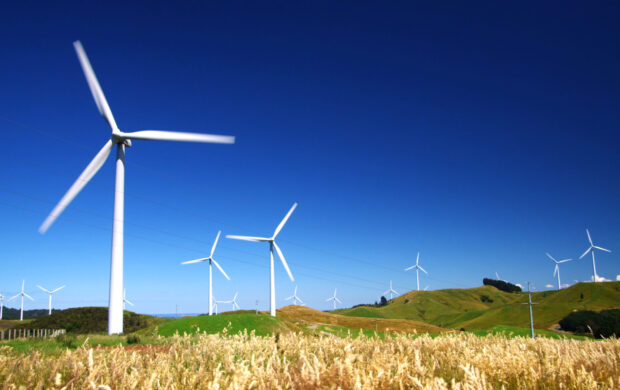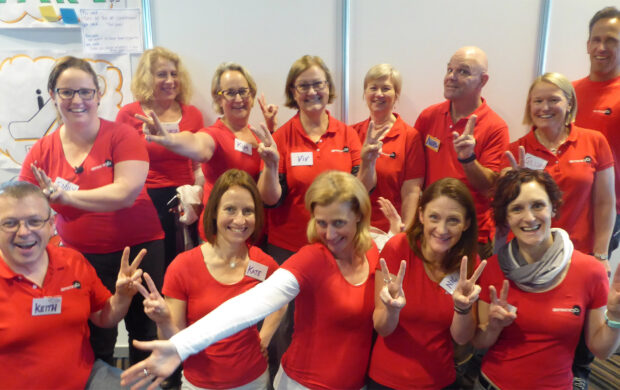Around 130 ship builders, steel workers, welders, and riveters are occupying the famous shipyard in Belfast, where the Titanic was built in 1909, demanding that the docks be both nationalised and used to produce renewable energy infrastructure.
The shipyard currently risks closure, with ship builders Harland & Wolff expected to go into administration as its parent company Dolphin Drilling, an oil and gas rig operator, files for bankruptcy. But Harland & Wolff’s workers are staging a sit-in: according to the trade union Unite, they believe a transition to wind turbines and tidal energy could create thousands of jobs. Having built parts for wind turbines in recent years at Harland and Wolff, they argue their skillsets are valuable to such a transition, and that the site’s infrastructure is amenable.
The workers have the support of Gerry Carroll, a member of Northern Ireland’s parliament for the socialist party, People Before Profits. Carroll is working with the local unions to call for green energy jobs.








